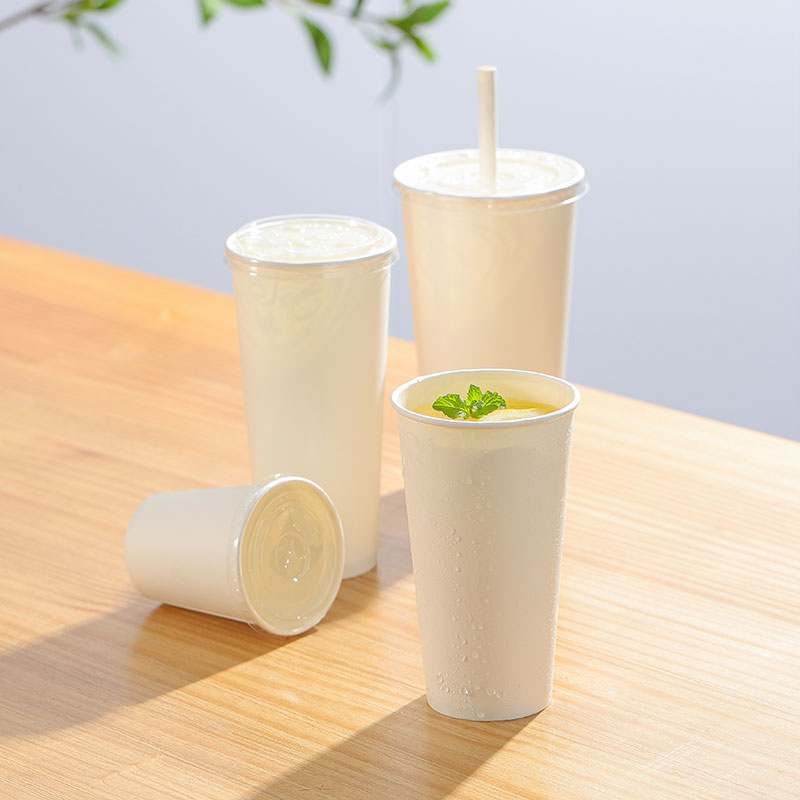Biodegradable Paper Cup Production
FSC-certified paperboard is laminated with corn-derived PLA (polylactic acid) coating through heat-sealing process. The cups are then printed with soy-based inks and sterilized. Unlike conventional cups, this eco-friendly alternative decomposes within 3-6 months in commercial composting facilities through microbial action, while maintaining standard liquid-holding capacity. Major brands now adopt this technology to reduce plastic pollution.
Biodegradable paper cups may seem like simple everyday items, but their journey from raw materials to your hands involves a fascinating blend of science, sustainability, and innovation. Let’s demystify the process.
1. Sourcing Sustainable Materials The foundation of biodegradable cups lies in renewable resources. Most begin with FSC-certified paper pulp—sourced from responsibly managed forests or recycled paper waste. Unlike traditional plastic cups, these materials ensure minimal environmental impact from the start.
2. The Pulp-to-Paper Transformation The paper pulp is mixed with water to form a slurry, then pressed into thin sheets. Here’s the secret sauce: plant-based coatings (like PLA, derived from corn starch) replace petroleum-based plastics. These coatings make the cup leak-proof while ensuring it decomposes naturally.
3. Shaping and Strengthening The paper is cut into cup shapes and heated to bond the layers. Some brands add a biodegradable lining (e.g., algae-based or water-based polymers) to enhance durability without compromising compostability. No toxic glues—just heat and pressure!
4. Quality Checks and Packaging Each cup undergoes rigorous testing for leaks and strength. Finally, they’re stacked, wrapped in recyclable packaging, and shipped to cafes or retailers.
The Environmental Edge
Unlike conventional cups that linger in landfills for centuries, biodegradable versions break down in 180 days or less in industrial composting facilities. Some can even decompose in home compost bins, though conditions vary.
Not all “biodegradable” claims are equal. Look for certifications like BPI (Biodegradable Products Institute) or TÜV Austria’s OK Compost to ensure your cup meets true compostability standards.
Next time you sip from a biodegradable cup, remember—it’s not just a container, but a small step toward a greener planet.
